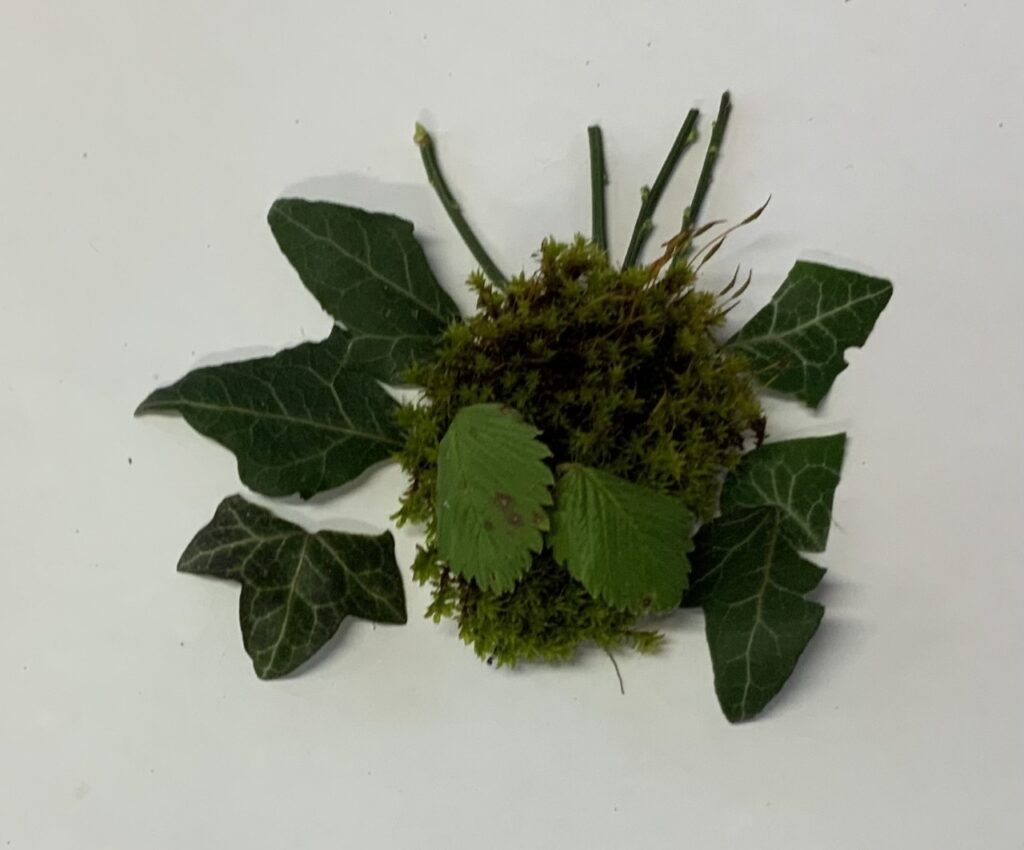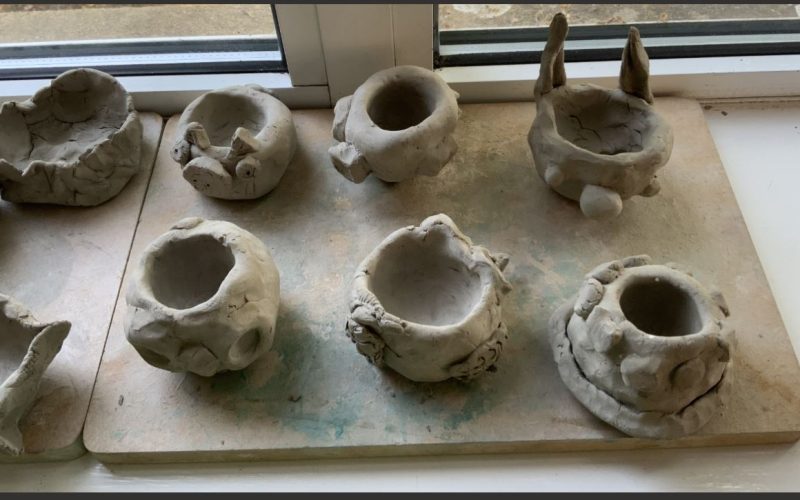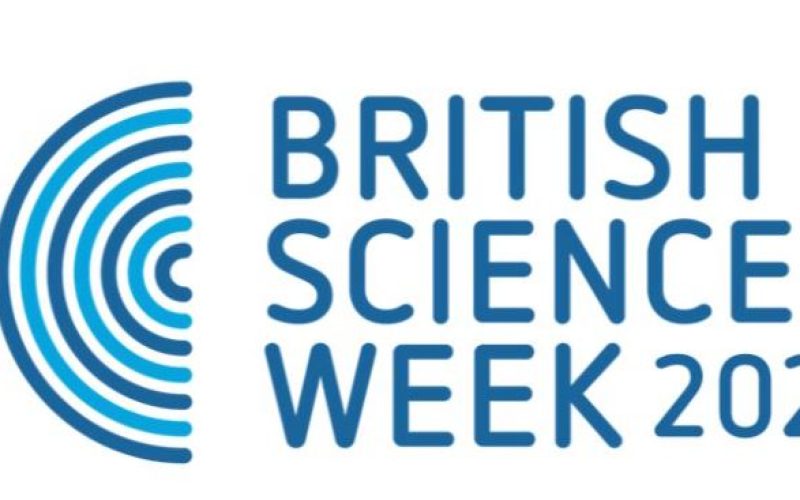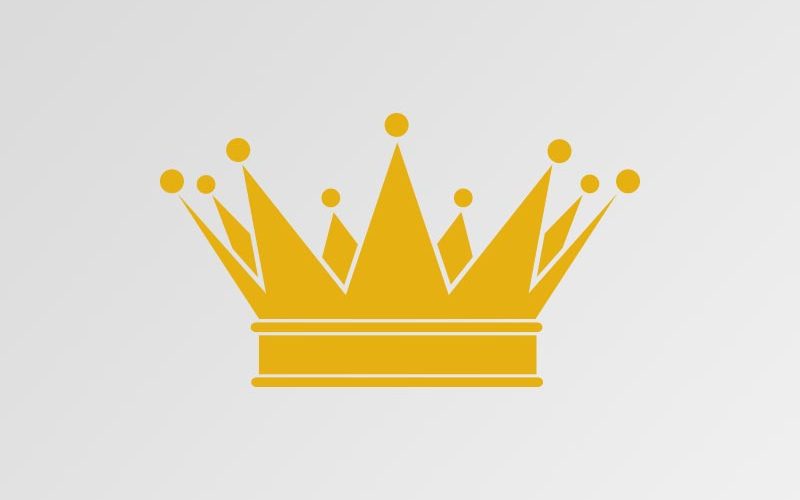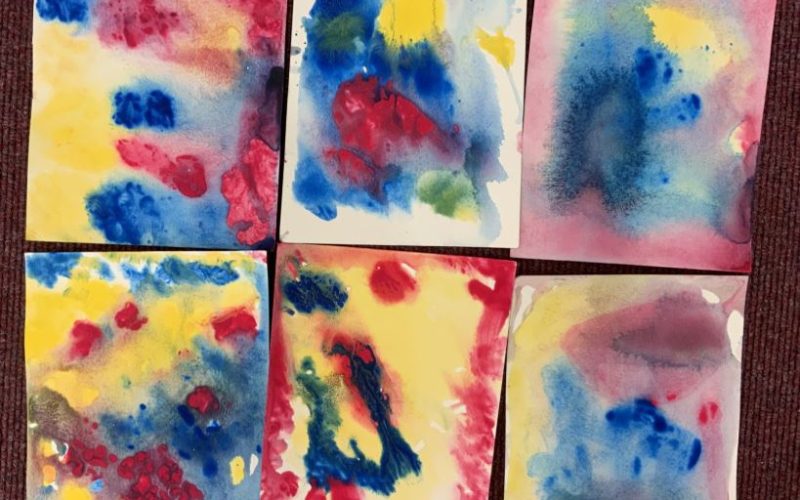We encourage our pupils to be enquiring and curious about the wonderful world in which they live, and our work in Science gives pupils of all abilities the opportunity to investigate how and why things happen.
From an early age, pupils are encouraged to make predictions and test their ideas using practical experiments. They consider how to make their tests fair and learn to make accurate measurements using a wide variety of tools and equipment, such as thermometers and Newton meters. As children progress through the school, they are expected to plan their own investigations to answer intriguing questions such as ‘Does the tallest person have the largest feet?’ or ‘Which rock would make the strongest castle?’ Children learn how simple scientific concepts explain everyday phenomena and the importance of science in everyday life.
